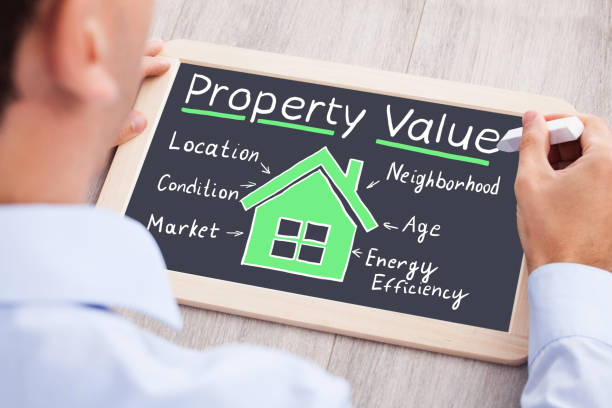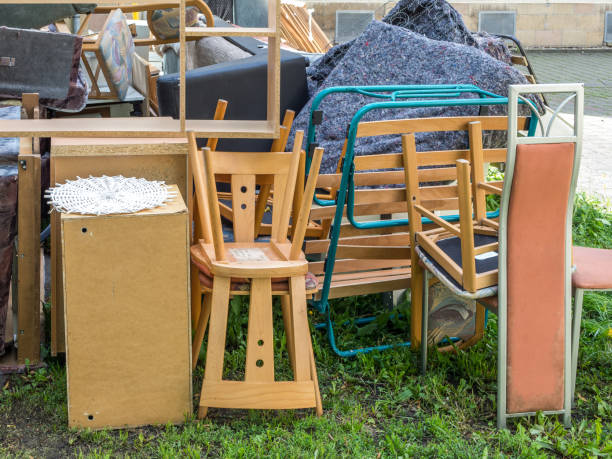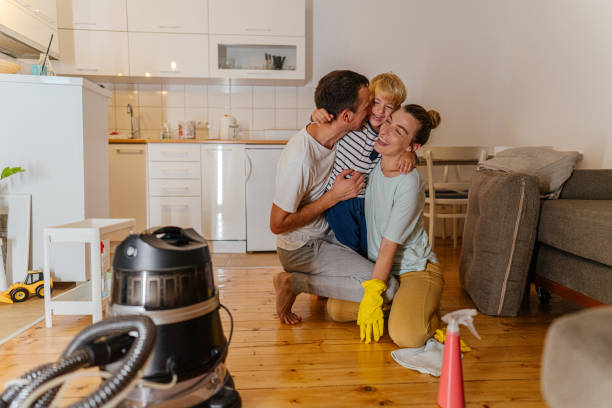How to Increase Home Value Before Selling: Tips That Work

Selling your home can be both exciting and overwhelming. Whether you’re relocating for work, downsizing, or upgrading to a bigger place, one thing is clear — you want to get the most money possible from the sale. And the key to making that happen? Knowing exactly how to increase home value before selling.
This doesn’t always mean major renovations or spending a fortune. In fact, some of the most effective changes are affordable, fast, and surprisingly simple. Buyers are often drawn to homes that feel fresh, well-cared for, and thoughtfully updated — and that impression starts the moment they see your listing photos or pull into the driveway.
Think of it this way: preparing your home for sale is like setting the stage for a performance. You’re giving your property a chance to shine and leave a lasting impression. The better the presentation, the higher the interest — and in many cases, the better the offers. In this article, you’ll learn why boosting your home’s value before listing it is essential, and discover 15 powerful tips that genuinely work.
Why Increasing Home Value Before Selling Matters
It’s not uncommon for sellers to ask, “Is it really worth spending time and money fixing up a home I’m about to leave?” The short answer? Yes. Here’s why making improvements before listing can pay off:
Higher sale price: Many buyers are willing to pay a premium for homes that require little to no immediate work. Clean, updated spaces suggest good maintenance and save buyers the stress of tackling repairs themselves.
Stronger market appeal: In a competitive housing market, your home needs to stand out. Improvements give your property a competitive edge over similar listings in the same neighborhood.
Faster closing: Well-prepared homes tend to move faster. A clean inspection report, modern features, and a move-in-ready appearance can help speed up negotiations and closing.
Appraisal value support: If the buyer is using financing, their lender will require an appraisal. Updates can help ensure your home appraises well, which is critical for finalizing the sale.
Ultimately, knowing how to increase the value of your home before selling helps you control more of the process and protects your bottom line.

15 Tips to Increase the Value of Your Home That Actually Work
1. Refresh the Paint
2. Upgrade the Kitchen
3. Modernize the Bathroom
4. Improve Curb Appeal
5. Declutter and Depersonalize

6. Fix What’s Broken
7. Enhance Lighting
8. Install Smart Home Features
9. Replace Worn Flooring
10. Add Energy-Efficient Features
11. Organize Storage Areas
12. Stage Your Home
13. Upgrade the Entryway
14. Clean Deeply and Consistently

15. Get a Pre-Sale Home Inspection
Conclusion
As you’ve seen, learning how to increase home value before selling isn’t about breaking the bank — it’s about making smart, targeted updates that resonate with buyers. Whether it’s improving curb appeal, staging rooms to highlight their potential, or ensuring your home is clean and functional, every effort can pay off in the end.
But your real estate journey doesn’t have to stop with one sale. If you’re intrigued by the possibilities of property investment and long-term wealth building, it’s time to explore Dwanderful — a resource-rich platform created by seasoned real estate investor and podcast host Dwan Bent-Twyford.
At Dwanderful, you’ll find expert insights and support whether you’re buying your first home or your next property investment. Dwan offers a free book called Real Estate Lingo, which simplifies the jargon and gets you up to speed quickly. For those ready to go deeper, her paid guide, Five Pillars of Real Estate Investing, outlines a powerful roadmap to financial freedom through property.
Want to discover your earning potential in real estate? Take Dwan’s fast and fun quiz game — in less than a minute, you’ll uncover how you could generate six figures in just six months. It’s the perfect next step whether you’re prepping a home for sale or gearing up to make your next big move.
Start today, and let your journey to real estate success begin with confidence — and a little help from Dwanderful. Contact us now!
Frequently Asked Questions:
1. How far in advance should I start preparing my home before listing it for sale?
Give yourself at least 6 to 8 weeks before you plan to list. This allows time for upgrades, cleaning, inspections, staging, and marketing prep. More time means less stress and more opportunities to make impactful changes.
2. Is it better to renovate or offer the home at a lower price?
That depends on your timeline and budget. Light renovations often provide strong ROI, especially in kitchens and bathrooms. However, if funds are limited, offering the home at a slightly lower price may be more strategic. Talk to a real estate agent for guidance based on local market trends.
3. Can staging really make a difference in how much my home sells for?
Absolutely. Staged homes often photograph better, attract more online views, and result in higher offers. Buyers are emotional — and staging helps them emotionally connect with the space.


